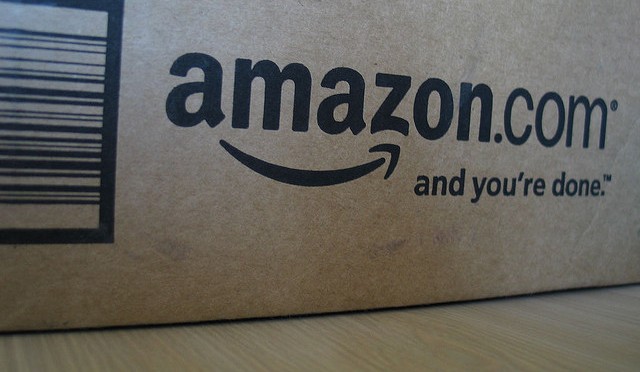Once again the possible Amazon filing in Bahía Blanca was once again the subject of journalistic comments in the country.
This time several capital media were responsible for referring to this possibility, although the trigger was the dissemination of a report by the US agency Bloomberg, specializing in economic issues.
“The Amazon company plans to build a regional data center in a free trade area near Bahía Blanca,” said agency on Thursday based on sources linked to the operation.
According to the report, the company founded by Jeff Bezos would plan to invest about US $ 800 million in the project over 10 years in the Bahía Blanca-Colonel Rosales matches.
Bloomberg cited sources that although confirmed the information cannot do so publicly since they are not authorized.
From Amazon Web Services (AWS), Amazon’s business unit specializing in the company’s IT services and cloud computing, did not confirm the decision.
“It is a rumor and AWS does not comment on these issues,” spokesmen for the company told the newspaper La Nación.
Myth or Reality?
Until now, the journalistic comments have only revived a topic on which the information turned on several occasions, although this being the Bloomberg agency, this week reached greater importance.
In fact, at the close of this page, there was expectation of an eventual announcement in that regard by President Mauricio Macri, during his visit to the city yesterday.
The concrete thing is that the so-called “Tango Project” was put back on the scene a few days after the presidential election and short-term definitions are expected.
In the next few days, the expected official confirmation could take place, although some issues related to the new Law 27.506 on the Promotion of the Knowledge Economy and issues related to free zones must be formalized, both issues that will be resolved next week.
The key to the establishment of this mega investment revolves around several factors, although among them the availability of renewable energy in the region stands out.
These large data centers such as the one promoted by Amazon are huge consumers of energy, an aspect that raised controversy in the United States about this type of facilities and that even led the company to commit, in the long term, to use renewable energy in a 100 Percent of your projects.
Both the availability of the energy produced by the wind farms built in our area, as well as the strategic location of Bahia, its connectivity and logistics in general were aspects taken into account by Amazon.
So far the strongest versions revolve around the purchase specified three months ago, two in the local district and the third in Colonel Rosales, which will be destined for entrepreneurship.
The largest of these is a 100-hectare field located on the side of Provincial Route 51, very close to the Pampa Energía wind farms.
Some of these initiatives (concretized and to be carried out) are not within the Renew program and therefore the energy produced will not be purchased by the State, and must be sold to large consumers.
A data center like the one that Amazon plans to install is the heart of the digital economy that has emerged in the world in the last 15 years, where the massive generation of information is vital.
There are those who say that they are the new factories of the 21st century, where all the data is connected, processed and stored in the so-called “cloud”, to the point that in several countries of the first world several industrial establishments were converted into data centers.
The great consumption of electricity and energy, lies in the need to achieve a constant operation of the system, without the slightest interruption, 365 days a year, so there are always huge generators and batteries available in case the network shuts down.
Amazon data centers are gigantic structures connected by fiber optics with everyone. These are large, almost airtight warehouses where rooms with racks and servers abound and with extreme security measures for the value of the data they store.


